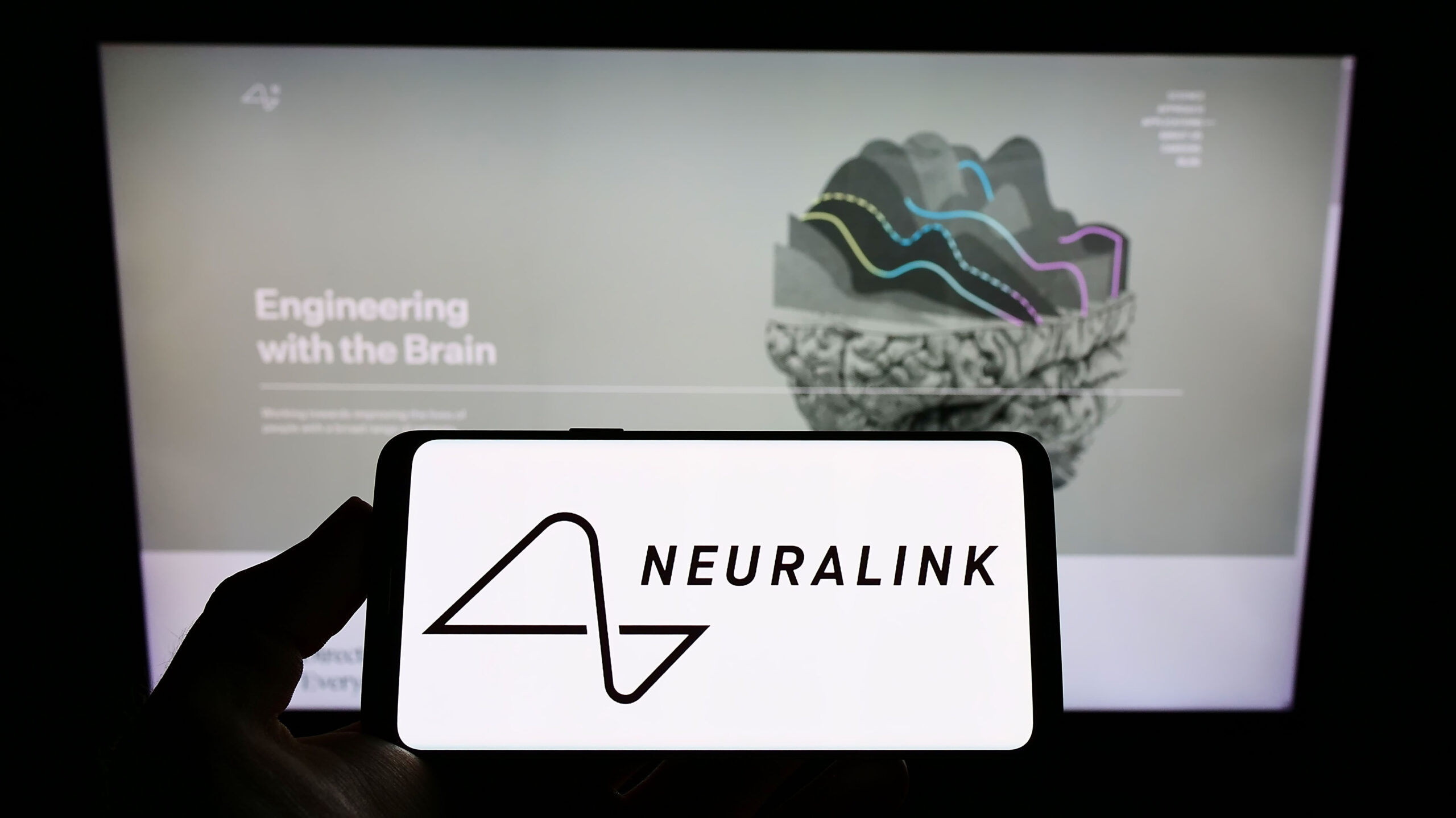
Last December, we learned that Neuralink was waiting on approval from the U.S. Food and Drug Administration to perform its first studies on humans. The company has now obtained FDA approval.
Neuralink is an American tech company working on brain implants that aim to allow people to control a smartphone or computer hands-free. For now, the company’s technology has only been tested on monkeys, with a notable example showing a primate playing pong hands-free.
We are excited to share that we have received the FDA’s approval to launch our first-in-human clinical study!
This is the result of incredible work by the Neuralink team in close collaboration with the FDA and represents an important first step that will one day allow our…
— Neuralink (@neuralink) May 25, 2023
Neuralink has had a long and controversial road to reach this point. For example, the company has been accused of abusing the monkeys in its trials, leading to unnecessary deaths and transporting contaminated devices removed from their brains. We first learned in early 2021 that Neuralink was moving towards human testing.
The response to the announcement on Twitter has been largely positive. However, while some are enthusiastic about the possibility of getting the implant themselves, others fear the consequences of corporate involvement in the human brain.
Someone with Elon’s imagination coupled with new and developing AI and greater tech savvy, can change the direction in which mankind walks, for generations. That coupling of just the right person with timely current events doesn’t happen often.
— Nancy (@nancyps83) May 26, 2023
If you miss a payment, would they shut your brain down?
— Robert W. Rust (@rwalterrust) May 26, 2023
These human trials will not be the first of their kind. A company based in New York, Synchron, implemented the first human brain implant in July 2022.
Neuralink is not accepting applicants to be implanted at this time. It said in a tweet that more information about “recruitment” would come “soon.”
MobileSyrup may earn a commission from purchases made via our links, which helps fund the journalism we provide free on our website. These links do not influence our editorial content. Support us here.


